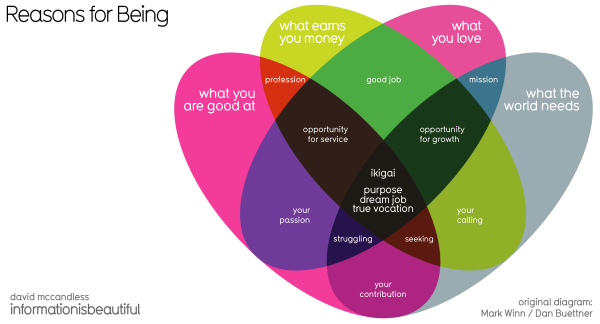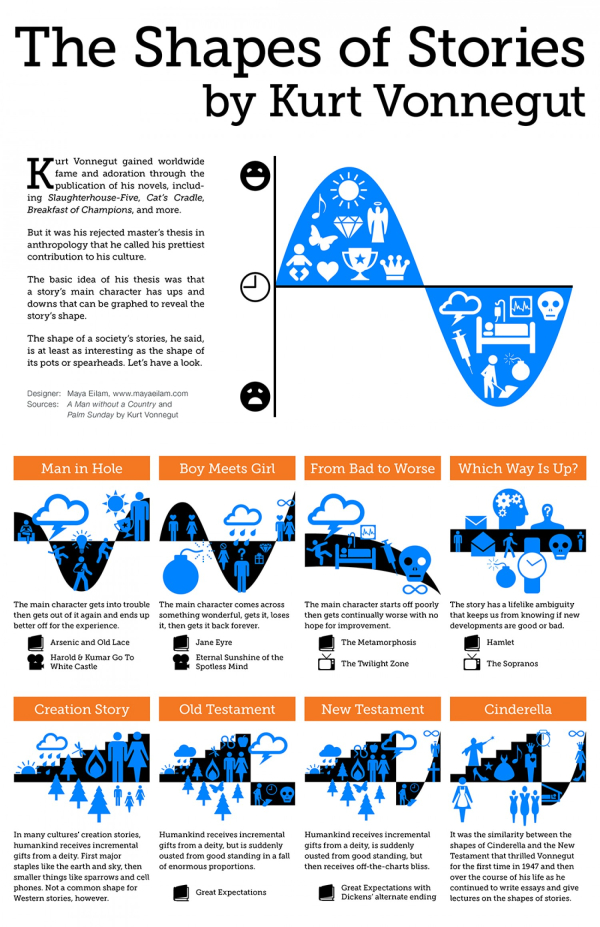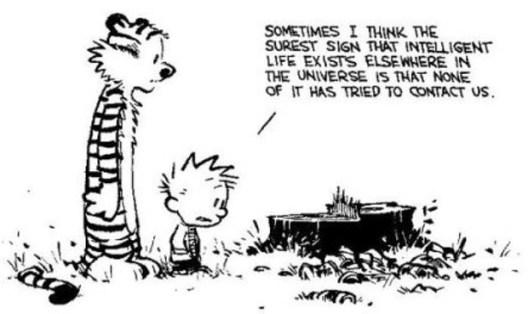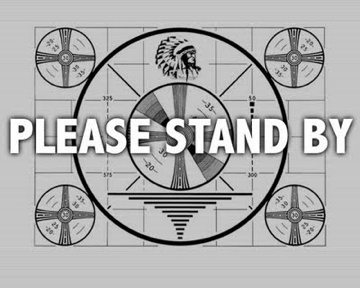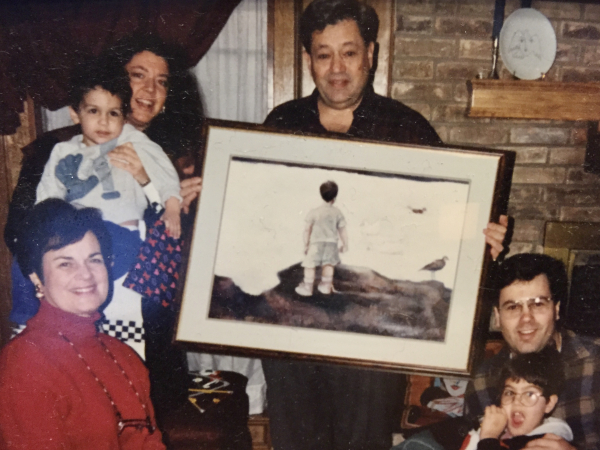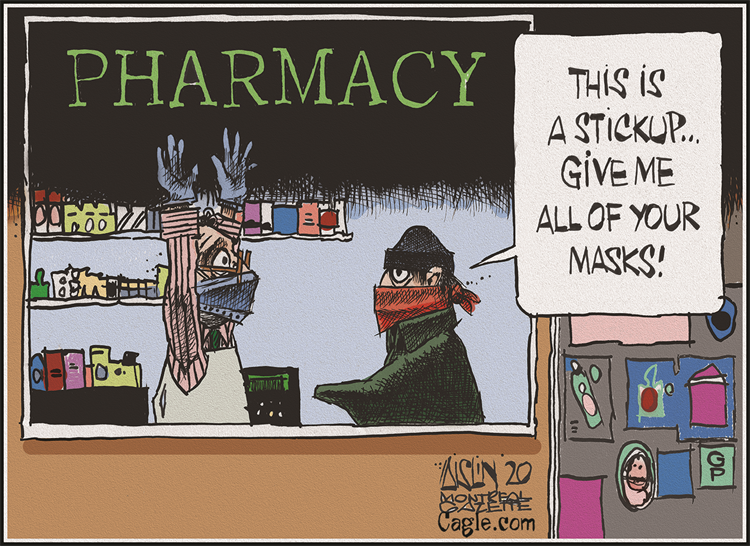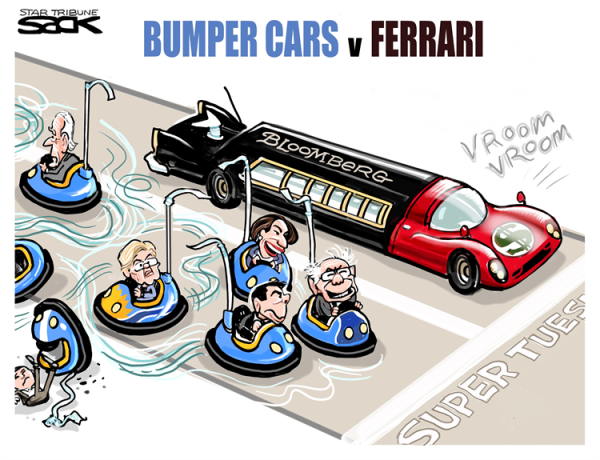Man acts as though he were the shaper and master of language, while in fact language remains the master of man. - Martin Heidegger
Words are powerful. They can be used to define reality, obscure reality, or create reality. Words can be constructive or destructive … uplifting or demoralizing.
In a sense, the power of words is seemingly limitless. But that power cuts both ways. Language is also the cause of many of our problems.
We created language to aid social interactions and to facilitate our understanding of the world. However, language also remains a constraint in how we perceive the world and a limitation on our understanding of new things (e.g., ideas, advances in technology, etc.).
Before I go into where language fails us, it’s important to understand why language is important.
Language Facilitates Our Growth
Because without our language, we have lost ourselves. Who are we without our words? – Melina Marchetta
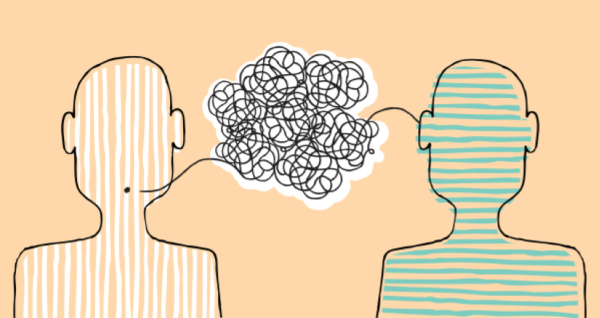
Language is one of the major keys to advanced thought. As infants, we learn through watching our environment, reading faces, and learning to infer things from body language. As we begin to understand "language," our brains develop faster. In this context, language isn't limited to the spoken word – intelligence grows with the catalyst of language, whether it's vocalized or not.
It's this ability to cooperate and share expertise through language that has allowed us to build complex societies and advance technologically – but it is becoming an increasingly inadequate tool as the world becomes more complex.
Language as a Limitation
When it comes to atoms, language can be used only as in poetry. The poet, too, is not nearly so concerned with describing facts as with creating images. -Niels Bohr
In Buddhism, there's the idea of an Ultimate Reality and a Conventional Reality. The Ultimate Reality is the objective nature of something, and the Conventional Reality is tied inextricably to our cognition – heavily influenced by our language.
Language conveys cultural values and biases, personal values and biases, and influences how we perceive “reality.” Linguistic differences create a wedge between various political groups – even when people probably want similar things. In these cases, differences in language and perception create strife (rather than define it).
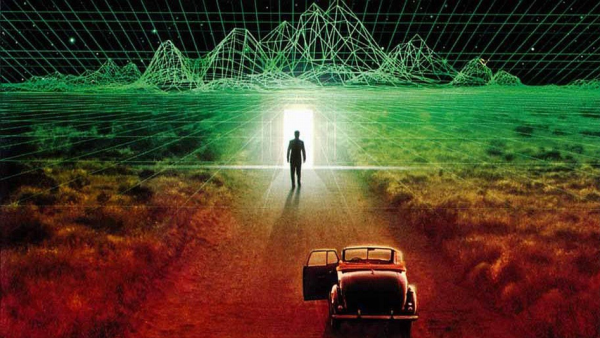
We use language and our past to sift and categorize existence into heuristics instead of exploring the true nature of things (in part because if you're trying to survive in the jungle, shortcuts increase your chance of survival by saving time and energy … and accuracy is secondary to survival).
On the other hand, when you're trying to expand the breadth and depth of humanities' capabilities, those same heuristics become shackles (or at least blinders). Ultimately, they can lead to issues like groupthink and echo chambers that limit not only innovation but communication.
Look at groups like Democrats v. Republicans or Israelis v. Palestinians. In reality, there are more similarities than differences. Nonetheless, on a day-to-day basis, each of them focuses more on their differences than finding collaborative solutions for life's tougher problems (or focusing on the things they do agree upon).
Throwing rocks at our enemies also counterintuitively makes us feel better and promotes in-group unity. The problem is it comes at the cost of progress and true unity.
This is not to say that there aren't real (and important) differences between those groups. It simply recognizes that part of the problem is our willingness to accept "get-to-next" compromises rather than seeking understanding and committing to coming up with real and complete solutions.
Humans Are The Real Black Box
But if thought corrupts language, language can also corrupt thought - George Orwell
People often refer to Artificial Intelligence as a "black box" – because the complexity and coding of the algorithms, etc. make it mysterious to a layman. But, Artificial Intelligence is programmed; it is precise and predictable. It is only influenced by the coding used to create it and the data fed to it; this creates its own form of transparency (and bias).
Meanwhile, humans are nuanced and (to some extent) non-rational creatures. We’re prone to cognitive biases, fear, greed, and discretionary mistakes. We create heuristics on previous experiences, and we can’t process information as cleanly or efficiently as a computer.
When humans explain their own behavior, they’re often inaccurate – what we hear is more likely a retrospective rationalization or confabulations than a summary and explanation of the choices they made.
All-in-all, it results in a lot of confusion in trying to understand world events, each other, and even ourselves.
Conclusion
I have friends on both sides of the political divide in America, and once you get past the rhetoric – there's a lot more in common than it seems. Excluding extremist groups, most are looking for unity, the "truth", and solutions to the problems in front of us.
Conflict is often a symptom, not the disease.
On a smaller scale, inside my company, I focus on creating a universal lexicon for our "intellectual shortcuts" because alignment starts with shared understanding. If the language I'm using means something else to another team member, even if we think we're moving toward the same goal, we'll slowly stray further and further apart.
As a practical matter, spending too much time moving away from each other (or measuring the distance we are from each other) creates a self-fueling irritation that becomes increasingly annoying, and ultimately caustic.
Today's problems can't be fixed purely with semantics and semiotics, but they are not bad places to start.
If we start from a place of agreement and common desire to pursue something worthwhile, the distinctions will call us forward rather than pull us apart.
I hope this helps. Let me know what you think!
 teddyterminal via Reddit
teddyterminal via Reddit
